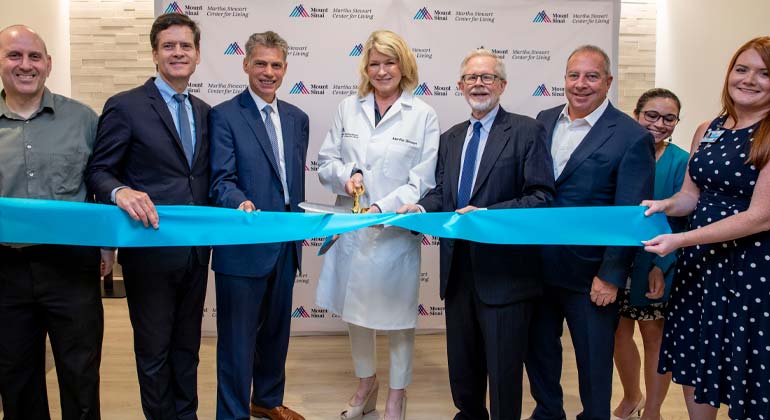"What Older Adults Need to Know About Hydration" - K. Aleisha Fetters
At any age, staying hydrated is important to stay healthy and feel your best, but it is increasingly crucial in the older years. Dehydration carries a significant risk of negative outcomes, including disability, morbidity and even mortality in older adults, who are among the most likely to be dehydrated, according to 2015 research published in the Journal of Gerontology Nursing. Between 20% and 30% of older adults are chronically dehydrated. Even mild dehydration can cause confusion, fatigue, loss of strength, reduced coordination and decreased cognitive function. "These effects are exacerbated in older adults because they are more likely to have underlying chronic conditions and a blunted response to adapt to the physiological stressors that occur with dehydration," said Audrey Chun, vice chair of geriatric and palliative medicine outpatient services in the Mount Sinai Health System and director of Coffey Geriatrics at The Martha Stewart Center for Living at Mount Sinai Hospital.
— Audrey Chun, MD, Associate Professor, Geriatrics and Palliative Medicine, Medicine, Icahn School of Medicine at Mount Sinai, Vice Chair, Clinical Services, Department of Geriatrics and Palliative Medicine, Director, Coffey Geriatrics, Martha Stewart Center for Living, Mount Sinai Health System
Additional coverage: Yahoo News

